Bachelor of Science [B.S] (Healthcare Science)
Field of Study:
$20,625 /Yr
This four-year EPSRC Centre for Doctoral Training in Future Infrastructure and Built Environment course at The University of CambridgeÊcomprises an initial MRes year, followed by a three-year PhD programme. This multi-disciplinary programme aims to integrate some of Cambridge's internationally recognised strengths Ð in structures, geotechnics, materials, construction, sustainable development, building physics and water and waste Ð within the wider context of related engineering disciplines, architecture, the sciences, land economy, manufacturing, business, economics, policy and social science.
The objectives of the course are to:
- - deliver a coherent approach to postgraduate research training in Civil Engineering, balancing the conflicting objectives of specialisation and generalism, consistent with the Department of EngineeringÕs general engineering undergraduate education approach;
- - equip the graduates of the MRes course with the research skills and training to enable them to make a seamless transfer and an accelerated start to the PhD programme;
- - develop and equip the MRes postgraduate students with core civil engineering research skills rooted in a contextual framework that includes wider engineering, social, scientific and business-related disciplines linked to professional practice by producing graduates who combine breadth of knowledge with the depth of specialist knowledge;
- - expose the students to the wide range of industry relevant research contexts, opportunities and challenges;
- - develop studentsÕ personal, professional practice and commercial skills, including entrepreneurship;
- - expose the students to a range of complex, multi-sector, multi-disciplinary problems that face future infrastructure and built environment via the mini-projects;
- - train the students in transferable communications, business and research skills.
The key research themes of the CDT are: construction design and technology; building physics; future energy infrastructure; asset management; sustainability and urbanisation; construction materials and waste minimisation; water and waste; computing technologies in engineering; infrastructure resilience against natural hazards. Students will decide upon their PhD topic during the MRes year.
Important Dates
| Event | Application Date |
|---|---|
| Application Deadline For 2024 Intake | |
| UCAS Equal Consideration Deadline For 2025 Intake | Jan 29, 2025 |
| Application Deadline For 2025 Intake | Jul 15, 2025 |
Tuition Fees
| Year | 1st Year Fees |
|---|---|
| Tuition Fees | $20625 (GBP 16500) |
Scholarship Grants & Financial Aids
| Name | Scholarship Per Student | Level of Study | Type | |
|---|---|---|---|---|
| Axol Science Scholarship | Scholarship per student$ 2,500/Yr$2,000 | Level Of StudyBachelor | TypeCompany-Sponsored | |
| ASID Foundation Legacy Scholarships | Scholarship per student$ 5,000/Yr$4,000 | Level Of StudyBachelor | TypeMerit-Based | |
| BrokerFish International Student Scholarship | Scholarship per student$ 1,250/Yr$1,000 | Level Of StudyBachelor | TypeMerit-Based | |
| UWL International Ambassador Scholarship | Scholarship per student$ 1,250/Yr$1,000 | Level Of StudyBachelor | TypeCollege-Specific | |
| QS scholarships | Scholarship per studentVariable Amount | Level Of StudyBachelor | TypeMerit-Based | |
| Amber Scholarship | Scholarship per student$ 18,750/Yr$15,000 | Level Of StudyApprenticeship | TypeMerit-Based |
Similar Colleges
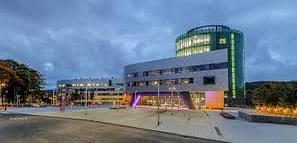

Robert Gordon University


University of Aberdeen
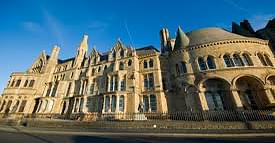

Aberystwyth University
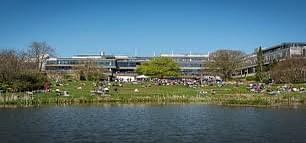

University of Bath
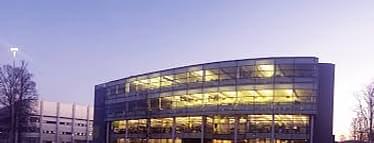

Cranfield University
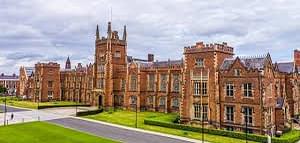

Queen's University Belfast
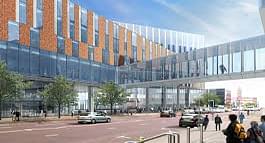

Ulster University
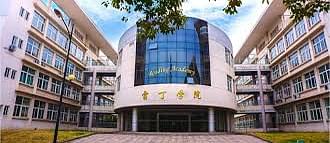

University of Reading
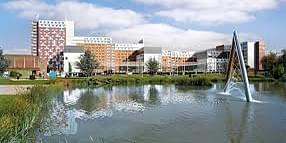
































Comments